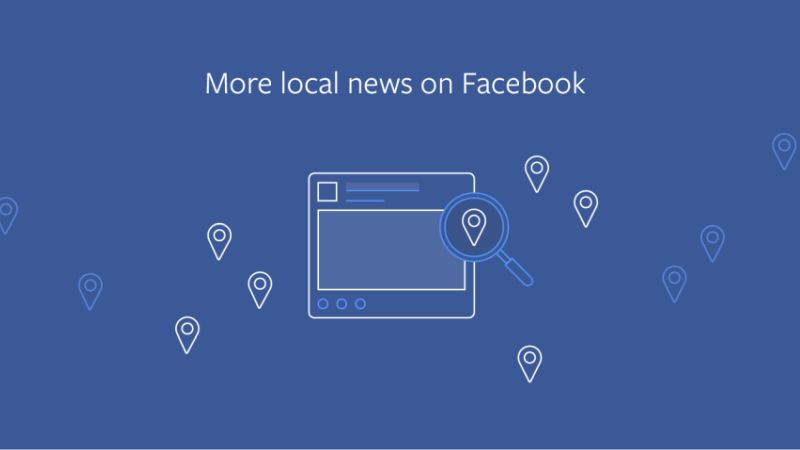South Africa’s retail forex industry is entering a decisive phase as regulation tightens and consolidation accelerates. What does it mean for brokers and traders?
Prepare to see more local news stories on Facebook this year

Earlier this month, Facebook reevaluated its image as a social network rather than a media company, quelling its long-time urge to clog your news feed with content that’s not created by friends.
This seemingly signaled the beginning of the end for news on the site, but the company’s head of news product Alex Hardiman explains that this isn’t completely the case.
News will still be a big priority for Facebook, but with a slight geographical tweak.
“Today, we’re updating News Feed to also prioritize local news so that you can see topics that have a direct impact on you and your community and discover what’s happening in your local area,” Hardiman reveals in a blog post.
“We identify local publishers as those whose links are clicked on by readers in a tight geographic area. If a story is from a publisher in your area, and you either follow the publisher’s Page or your friend shares a story from that outlet, it might show up higher in News Feed.”
‘People consistently tell us they want to see more local news on Facebook’
Hardiman adds that “large local publishers” will benefit from the chance, but perhaps less so than those covering niche topics, like “local sports, arts and human-interest stories”.
According to CEO Mark Zuckerberg, the change actually comes from user recommendations.
“People consistently tell us they want to see more local news on Facebook,” he writes in an update.
“Local news helps us understand the issues that matter in our communities and affect our lives. Research suggests that reading local news is directly correlated with civic engagement.
“People who know what’s happening around them are more likely to get involved and help make a difference.”
This change likely means an increase in #DayZero articles in Capetonians’ news feeds
Facebook doesn’t specific just how acute its local targeting will be, but users can choose if they want to see more local or national publications on their feed.
For international outlets attempting to reach a broader audience, this is a blow, especially in light of Facebook’s refocus on social interaction rather than “passive consumption”.
But smaller publishers may not benefit immediately either.
“This update may not capture all small or niche-interest publishers at first, but we are working to improve precision and coverage over time,” Hardiman adds.
“All of our work to reduce false news, misinformation, clickbait, sensationalism and inauthentic accounts still applies.”
The move, the company hopes, will drive social interaction among local communities, effectively turning Facebook into the friendly caterpillar it once was rather than the grotesque moth it has become.
The United States will be the first country to feel the change, but the rest of the world should follow later this year.
“Local news helps build community — both on and offline. It’s an important part of making sure the time we all spend on Facebook is valuable,” Zuckerberg concludes.
Feature image: Facebook


